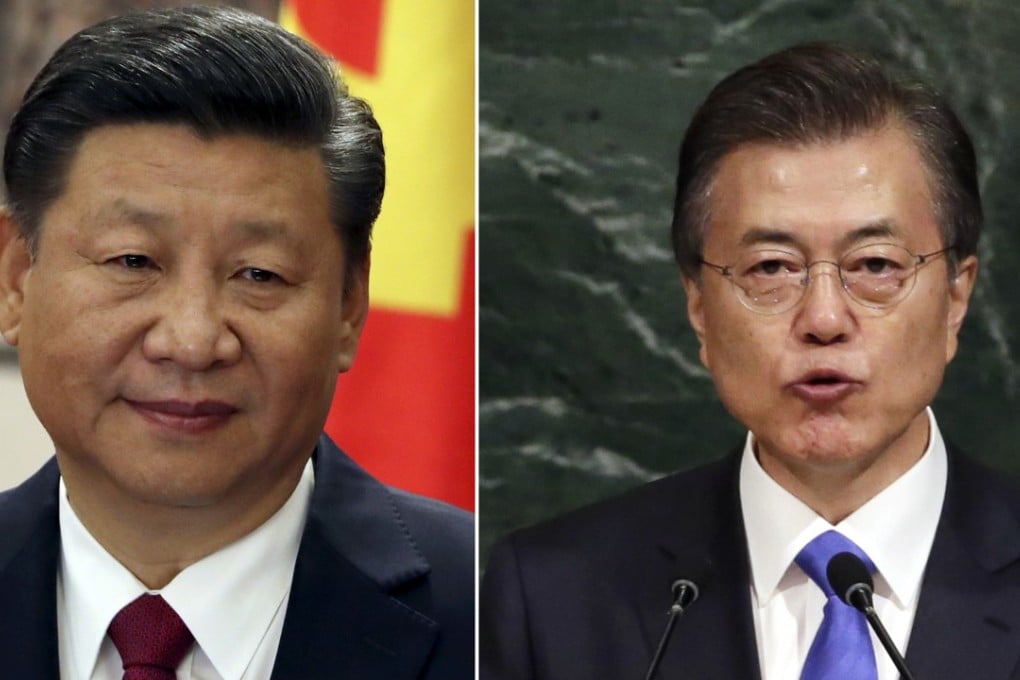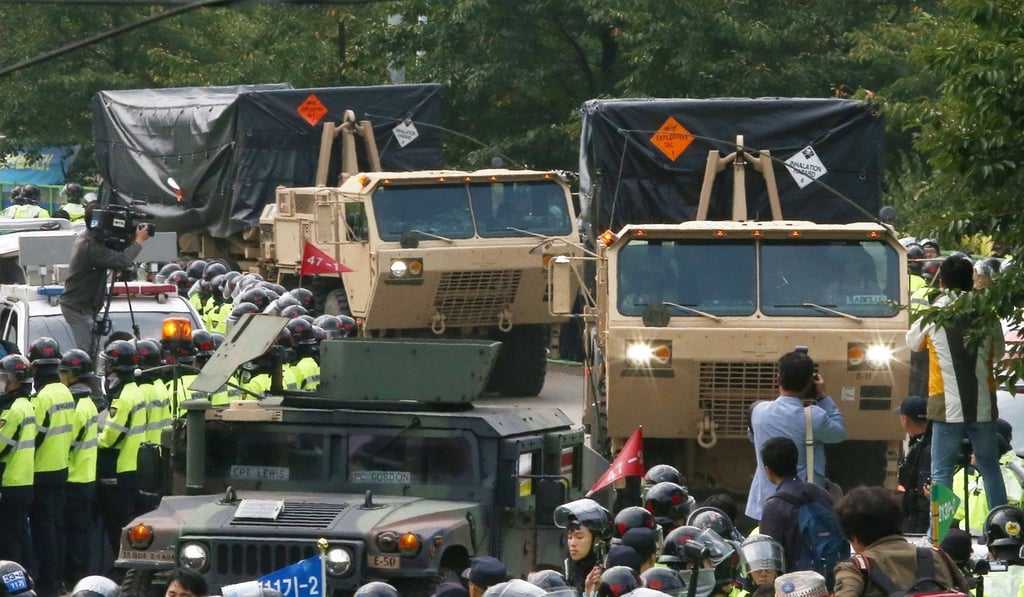China wins its war against South Korea’s US THAAD missile shield – without firing a shot
Seoul signs up to military constraints in return for Beijing lifting economic sanctions, setting a worrying precedent for China’s regional rivals

Beyond THAAD: the real reason why China is angry with South Korea
Beijing, which claims the system’s radar can be used by the United States to spy on China, retaliated against the deployment of the Terminal High Altitude Area Defence (THAAD) system with unofficial sanctions against the South. Seoul has now agreed to accept military constraints in return for the lifting of those sanctions, creating a worrying precedent for Beijing’s rivals in the region.

Economically, after being suffocated for 16 months by China’s “doghouse diplomacy”, many South Korean businesses were left gasping for air. Hyundai’s sales in China dropped 64 per cent in the second quarter of 2017 from a year before, Lotte’s supermarket sales in China fell 95 per cent over the same period and Chinese tour groups to South Korea were banned outright, which alone led to an estimated revenue loss of US$15.6 billion this year, according to Hyundai Research Institute.
Seoul wants THAAD, but do Koreans?
Politically, a better strategy might have been playing both ends against the middle by fostering better ties with Japan and the US but this would have alienated Moon from his base and may not even be something he wants at the moment.